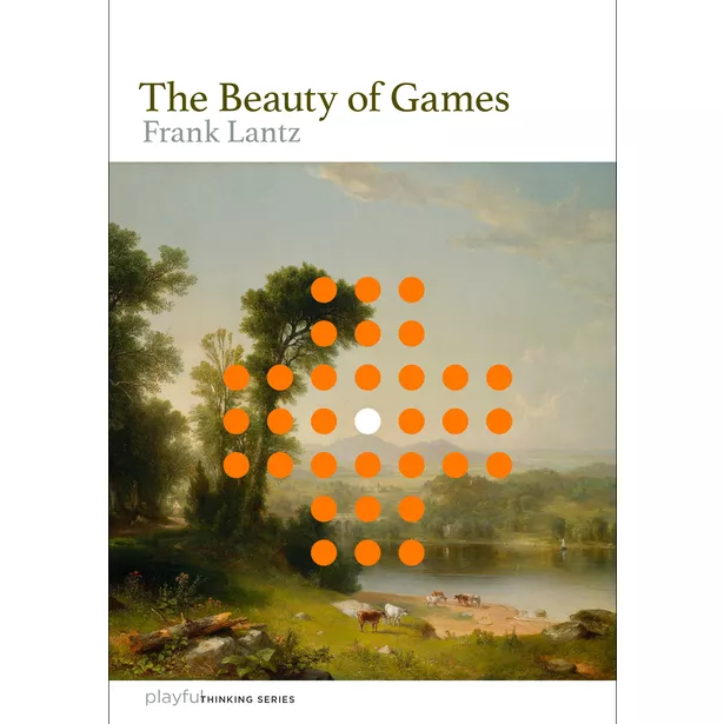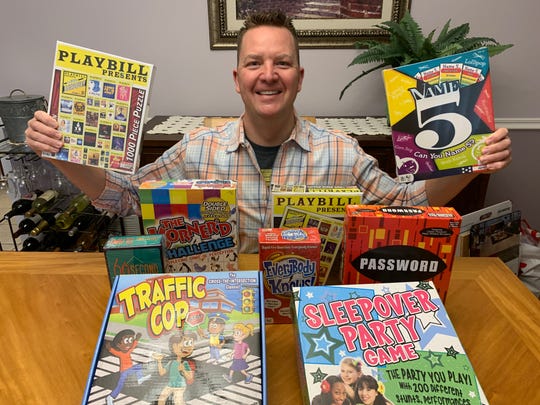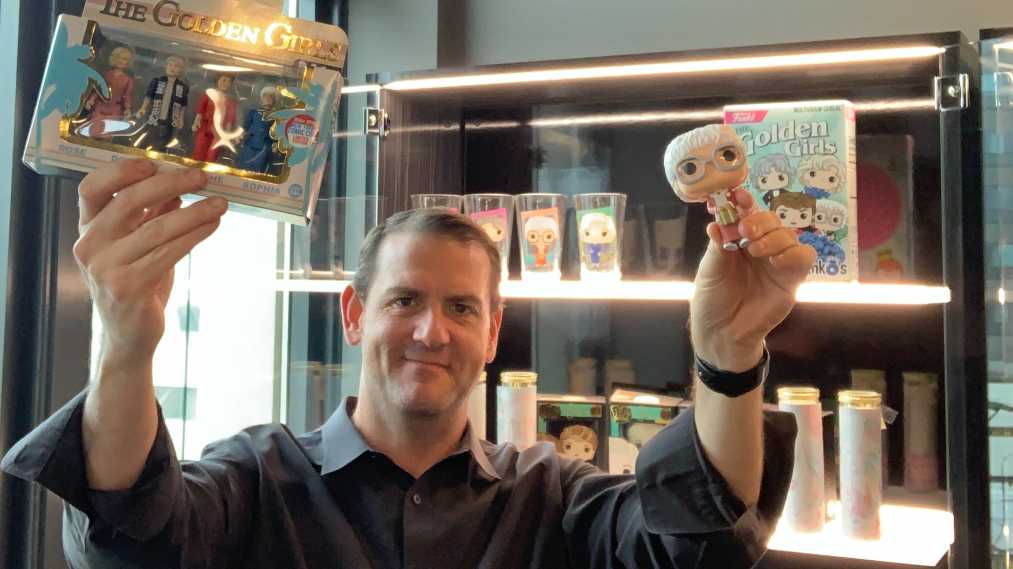The Beauty of Games
Frank Lantz is a game designer who has created over 50 games, including Universal Paperclips, Babble Royale, Hey Robot, Parking Wars, Sharkrunners, Drop 7, Power Planets, and many more. He is the Founding Chair of the NYU Game Center, the co-founder of Area/Code Games, and the co-founder of Everybody House Games. He has been teaching game design for over 20 years at NYU, Parsons School of Design, and the School of Visual Arts.
Lantz has helped pioneer the genre of large-scale real-world games. Some of his own games that fall into this category are the Big Urban Game, which turned Minneapolis and St. Paul into the world’s largest boardgame; Sharkrunners, which allowed players to interact with living sharks in a virtual world; PacManhattan, a life-sized version of Pac-Man created by him and his students at NYU, among many other experiments. He says that he is most interested in understanding games as an aesthetic form—how games connect people, express ideas, generate meaning, and create beauty.
His 2023 book, The Beauty of Games, explores this idea of creating beauty. In the book, Lantz shares his insights as a veteran of the toy & game world and what creating beauty means to him in relation to games.
Insight #1: Bringing games into conversation with the world.
While we do spent quite a bit of times playing games as children, and maybe on a weeknight after dinner adults will pull out a boardgame, we don’t often find ourselves talking about games in other contexts. We talk about new music, great movies, good books we’ve read recently—but not games. In The Beauty of Games, Lantz dives into why games aren’t always in the conversation about culture, and why they should be. “Games are a source of ideas, concepts, insights, and perspectives,” he says. “They have things to tell us about the world, and this book is an attempt to listen.”
Insight #2: Games are the art form of software.
Computer games are not new, relatively speaking, at least. While games have existed long before computers have, when computers did become household technology, computer games soon became household games. Since then, games and computers have been used hand in hand to create new play experiences and have opened up new avenues of what it means to play. Lantz explains that “games are the art form that connects the logical machinery of cause and effect to the diaphanous wonders of desire and dream.”
Insight #3: Music, not film.
Lantz then goes on to liken games to music, rather than films. While many games are on a screen (video games, computer games, iPhone games, handheld electronics, etc.), they don’t necessarily fall into the category of screen culture. Rather, they should be compared to music. Music, Lantz says, “is about participation, entertainment, the songs we learn, the instruments we struggle to master, the rhythms that organize and give pattern to our perception, the mathematics of emotion, and the ways in which the separate strands of our individual attention are woven together in shared rituals of coordinated activity.” Games should be thought about in the same way, he says.
Insight #4: Thought made visible to itself.
One of the most wonderful things about games is their way of allowing players to step out of the real world and into a game of competition, or learning, or teamwork, or strategy. This helps us not only take a break from stressors of the real world, but also allows us to take a step back and see the real world in different eyes. Whenever you play a game, you’re learning in some way, and these skills that you learn will allow you to look at life just a little bit differently. “In games,” Lantz says, “the fundamental essence of what it means to be a human—to be a particular kind of cognitive process, to be an agent in the world, taking action, solving problems, pursuing goals—is given a stylized, ritualized, performative treatment.”
Insight #5: Games and AI
Perhaps a question that many in the toy & game industry have been asking themselves: How will AI affect toys, games, and play in general. Lantz takes a stab at this question, and also attempts to guide future conversations about it: “We need to bring our experiences with games to bear on the problems and promise of AI in a way that helps us shape the future in the best possible way.”
Overall The Beauty of Games is a delightfully informative book about games and how to look at them as something more than just a decorated board with plastic pieces.
Adapted from Next Big Idea Club magazine.
Recent Blogs
Recent Blogs
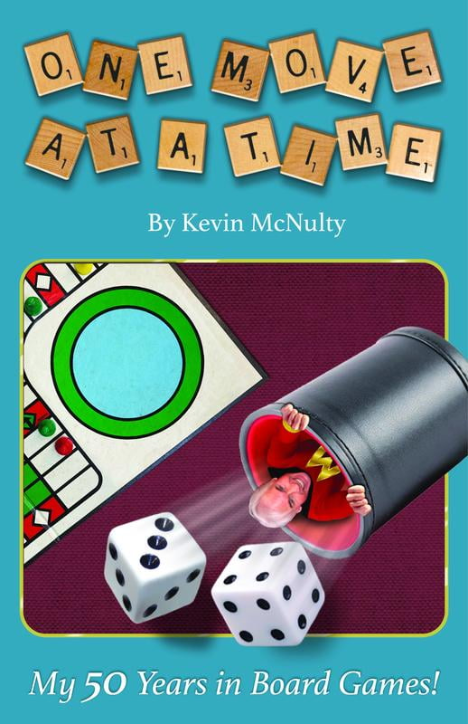
Reviews
BOOK REVIEW: One Move at a Time by Kevin McNulty

Press Release
CARVE COMMUNICATIONS HOSTS CARVE-X @ TOY FAIR – EXCLUSIVE EVENT FEATURES HOTTEST TOYS AND GAMES FROM INDUSTRY LEADERS, CHALLENGER BRANDS, AND START-UPS
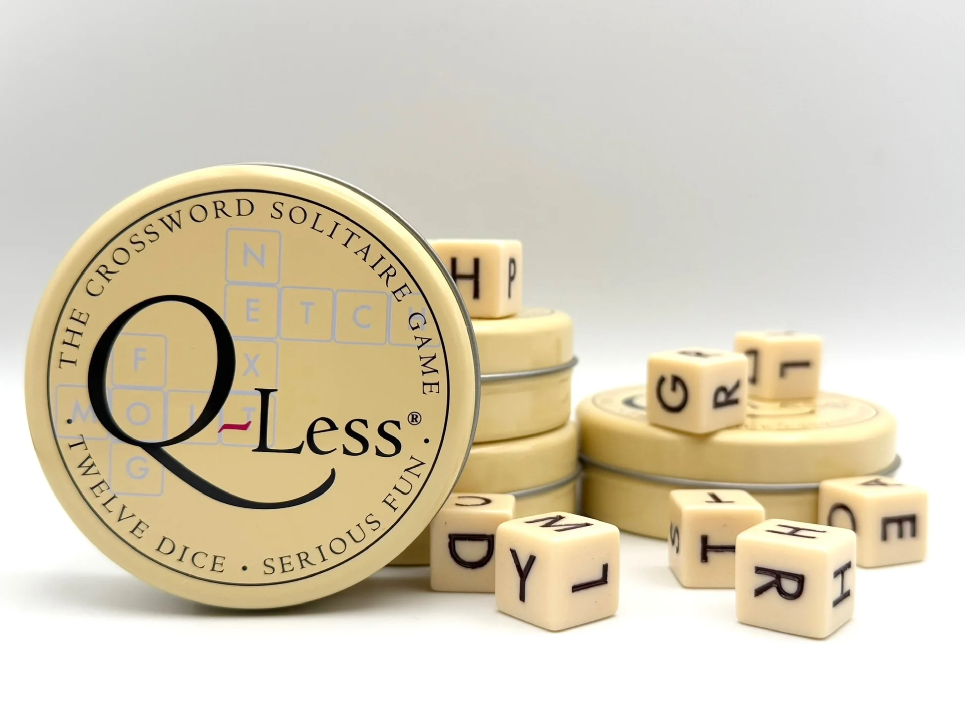
Reviews
Game Review: Q-Less

Biographies and Interviews
Joe Kling Talks His Impact on the Industry, Career Highlights, and Advice to the Next Generation

Press Release
Mission-Focused Company Jasey’s Toy Chest Eager to Make Toy Fair Debut at Booth #6404
See more
Recent Wiki

PEOPLE
Joe Kling Talks His Impact on the Industry, Career Highlights, and Advice to the Next Generation
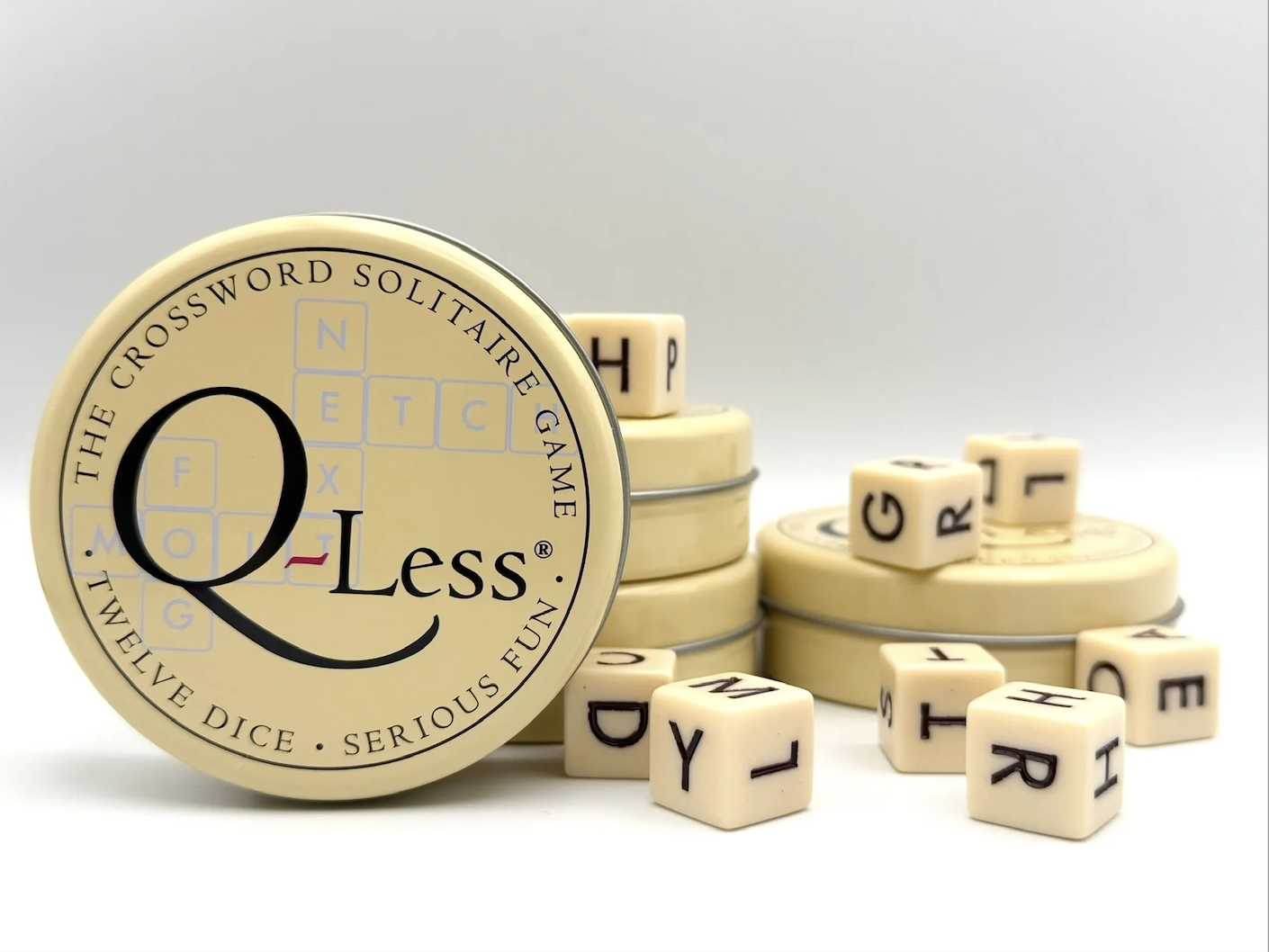
BOOK REVIEWS
Game Review: Q-Less

COMPANIES
York-Jersey Underwriters’ Celebrates 100 years in Business!

PEOPLE
Kevin Brougher talks Learning Games, Reindolphins and His Style of Music
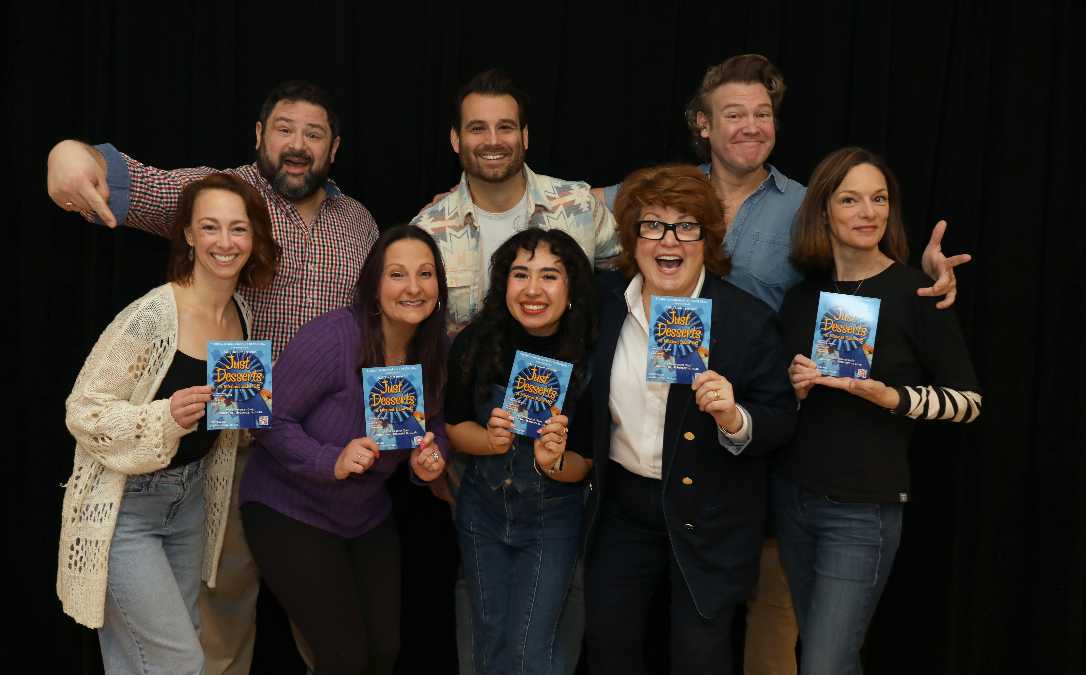
PEOPLE
Inventor Brad Ross on his off Broadway Play, JUST DESSERTS: A Musical Bake-Off
See more
POP's Got Talent

POP Entertainment
Randy Klimpert Shares his Ukulele Collection

POP Entertainment
Steve Casino Peanut Art
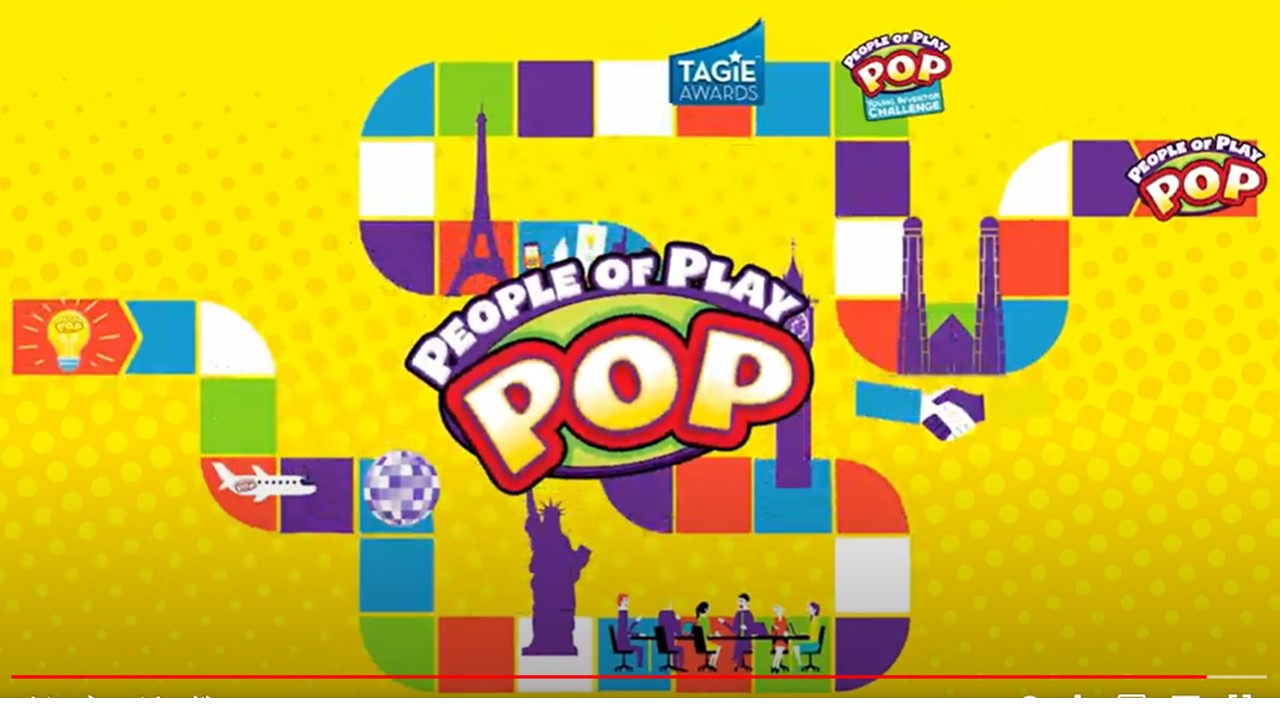
POP Entertainment
Everyone's Talking about POP!

POP Entertainment
Princess Etch - a Multi-Talented Etch A Sketch Artist

POP Entertainment
Joseph Herscher of Joseph' s Machines.
See more
Recent POPcast
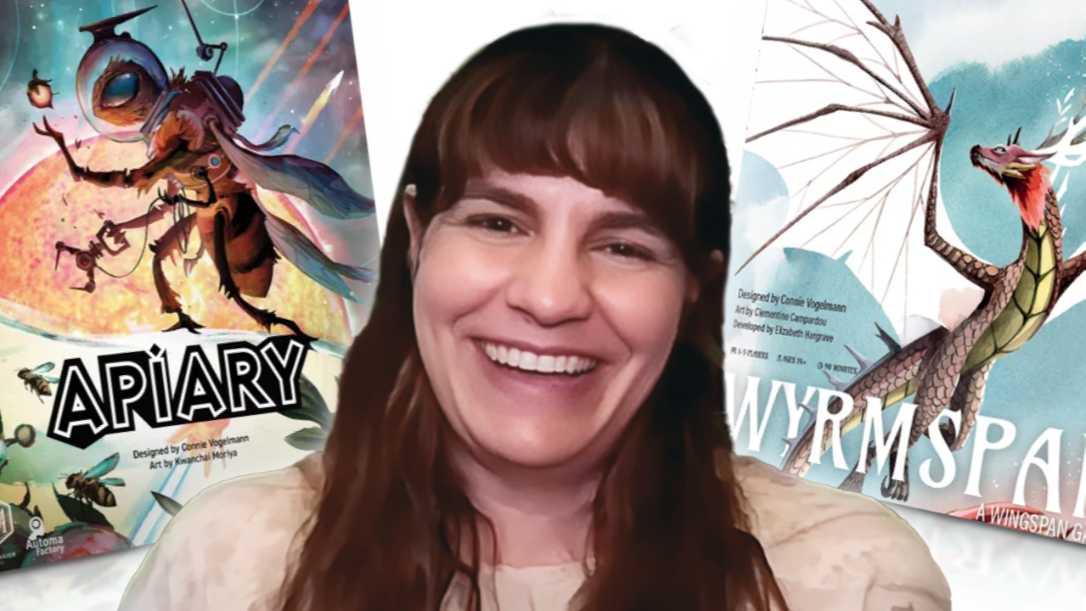
Hidden Role: The Brains Behind your Favorite Games
Connie Vogelmann designed Apiary & Wyrmspan!

Hidden Role: The Brains Behind your Favorite Games
Bob Fuhrer... Is THE Crocodile Dentist!

Hidden Role: The Brains Behind your Favorite Games
Tom Dusenberry... Bought Atari, Wizards of the Coast, and Avalon Hill!

Hidden Role: The Brains Behind your Favorite Games
Matt Leacock created Pandemic... the game!

Hidden Role: The Brains Behind your Favorite Games
Scott Brown and Tim Swindle... are Launching a New Sport!
See more
POPDuos

POPDuos: Interviews with Legends and Leaders
POPDuo: Richard Dickson, Mattel’s President & COO, and Kedar Narayan, Young Inventor Challenge AMB

POPDuos: Interviews with Legends and Leaders
POPDuo: Will Shortz and Josh Wardle

POPDuos: Legends and Leaders Explore Creativity
POP Duo: Elan Lee, Co-Founder, Exploding Kittens.and Jeff Probst, Host and Exec Producer, Survivor

POPDuos: Legends and Leaders Explore Creativity
POP Duo: David Fuhrer, MNG Director, Blue Sq Innovations & Shawn Green, past Dodgers & Mets MLB Star

POPDuos: Legends and Leaders Explore Creativity
POP Duo: Bob Fuhrer, Founder, Nextoy and Tom Fazio, Golf Course Designer
See more




